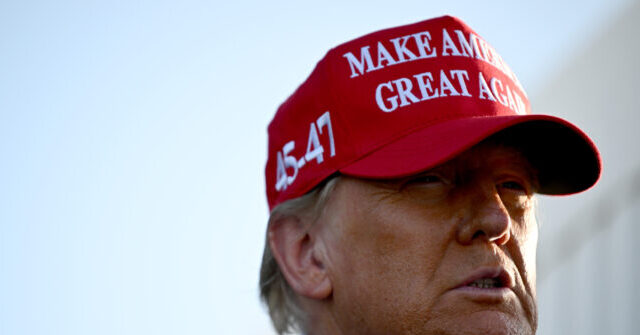We support our Publishers and Content Creators. You can view this story on their website by CLICKING HERE.

Employers in the United States added 227,000 workers to their payrolls in November, the Department of Labor said Friday, and the unemployment rate edged up to 4.2 percent.
Economists had been expecting 215,000 after storms and strikes saw the Labor Department report a much-worse-than-expected growth of just 12,000 in October. They had also forecast that the unemployment rate would rise one-tenth of a point from 4.1 percent.
The October report was revised up by 24,000, bringing the estimate up to 36,000. The September jobs number was revised up by 32,000, from a gain of 223,000 to 255,000.
Private sector payrolls expanded by 194,000, close to the 200,000 expected. Retail trade lost 28,000 jobs, suggesting softer than usual seasonal shopping hiring. Warehousing and transportation added a slight 3,400 jobs.
Leisure and hospitality employment increased by 53,000, more than average for this year. Health care added 54,000, in line with hiring throughout this year. Government employment rose by 33,00, including 20,000 in state and local government.
Manufacturing employment grew by 22,000, close to the 25,000 expected. In the prior month, manufacturing employment fell by 48,000.
Average hourly earnings rose by a strong 0.4 percent, matching the prior month’s advance and beating expectations for a 0.3 percent increase. Compared with a year ago, earnings are up four percent. The average workweek ticked up to 34.3 hours from a downwardly revised 34.2 hours in October.
Prior to the October report, the labor market has shown remarkable strength this year, defying predictions that job growth would peter out this year. The Fed began cutting interest rates in September, partly to stave off what it saw was a looming slowdown for the economy and the labor market.
The quit rate rose in October, accompanied by an increase in job openings. However, the hiring rate declined and remains well below pre-pandemic levels. Economists are divided as to whether the relatively low hiring rate indicates a hesitancy to hire by employers or simply a scarcity of workers.

 Conservative
Conservative  Search
Search Trending
Trending Current News
Current News 







